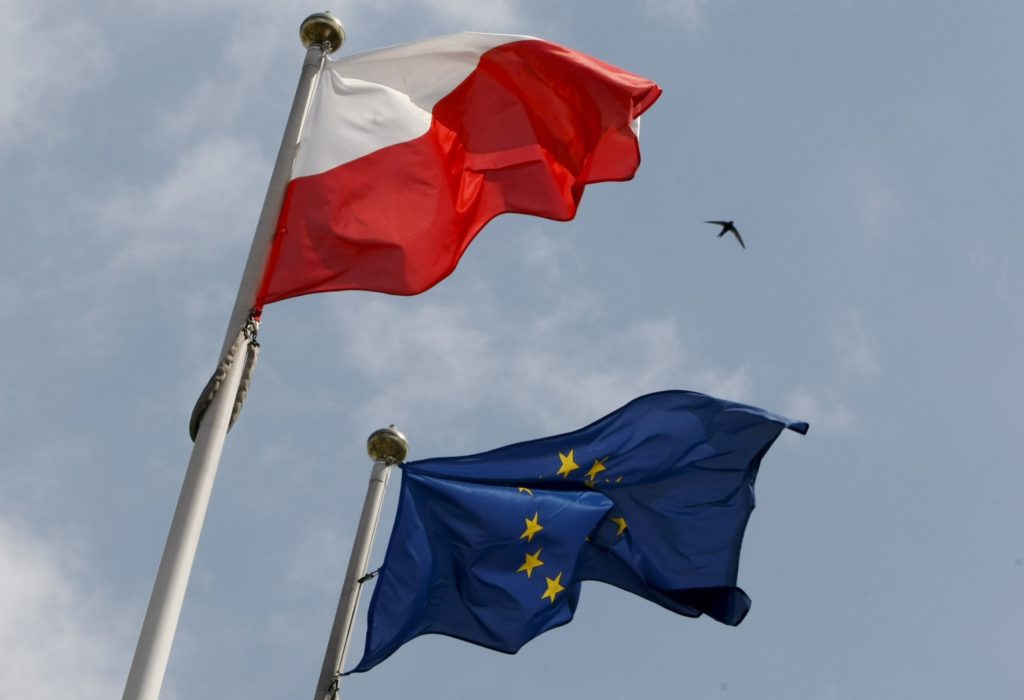Innholdsfortegnelse
Politicians in Poland are hoping to force the country’s Ministry of Finance to change the tax structure for sports betting activity. They want a tax on gross gaming revenue (GGR) instead of on turnover.
Poland’s Ministry of Finance is analyzing the tax on sports and pari-mutuel betting in the context of a potential change in the tax base. Currently, operators pay their taxes on the applicable amount of stakes. But lawmakers would prefer the calculation be made on the difference in stakes paid and winnings paid.
The latter equates to the operators’ GGR, its income before tax-deductible costs. This, the politicians say, means operators aren’t giving enough to the government. They also point out that it isn’t in line with how many other countries in the European Union address gambling taxes.
The Eternal Tax Debate
The tax on games and pari-mutuel betting is calculated as 12% of the sum of the stakes paid. Instead, the lawmakers want to see a 22% tax on operators’ GGR.
The Deputy Minister of Finance, Jan Sarnowski, responded to the request by explaining that currently, no legislative work is being carried out on amending the Gambling Act. However, this doesn’t mean that it won’t implement a change in the future.
Only six EU countries tax turnover, and not GGR. Poland’s continued support of the turnover tax means that it doesn’t generate the same tax revenue as it would if it taxed operators’ GGR.
The Ministry of Finance, stated Sarnowski, monitors the gambling market on an ongoing basis. As such, it conducts an analysis of the applicable legal regulations in the area of gambling in terms of compliance by entities with the provisions of the Act, which is also a response to the needs of this market.
The analysis includes a comparative study with solutions in force in other European countries. This includes the level of taxation and various scenarios, as well as the impact on budget revenues.
Monitoring of the gambling market conducted by the Ministry of Finance also includes a systematic assessment of the effectiveness of the existing legal solutions. In addition, it conducts routine studies to search for mechanisms to tighten the current system and combat illegal gambling.
Legal Market Continues to Improve
Changing the tax rate might do more harm than good. When Poland went through its last major gambling reform in 2017, major operators, including William Hill, bet365, and Bwin, made a quick exit.
The market has recovered since then and now flourishes. It is even attracting new operators, including long-time Latin American operator Betcris.
The data presented by the Ministry of Finance for the first three quarters of 2021 show about a 30% year-on-year increase in the entire betting market, which reached PLN299.3 million (US$69.7 million. This included an increase of almost 6% in the land-based segment, which took in PLN39.3 million (US$9.15 million). It also included an increase of 34% in the online segment. The latter accounted for PLN260 million (US$60.5 million) of the total.
The tax on mutual bets increased in 2020 by 6.1% in total to PLN874 million (US$203.64 million). Of this, the increase in the online segment, PLN747 million (US$173.9 million), amounted to 13.6%. The terrestrial segment recorded a decrease of 23.6% to PLN127 million (US$29.57 million).
The decrease in tax revenues on sales in the terrestrial segment in 2020 was a product of the start of the COVID-19 pandemic. Poland, as well as governments everywhere, implemented initiatives to control the spread of the coronavirus. Economies felt the impact.
At the same time, just like what other countries witnessed, the pandemic accelerated the development of online gambling. As a result of the transition of players to the digital space, the share of online sales of pari-mutuel betting increased from 80% in 2019 to 85% in 2020. After the first three quarters of last year, it had reached 87%.
The post Poland’s Ministry of Finance Receives Pressure to Revamp Sports Betting Taxes appeared first on Casino.org.
